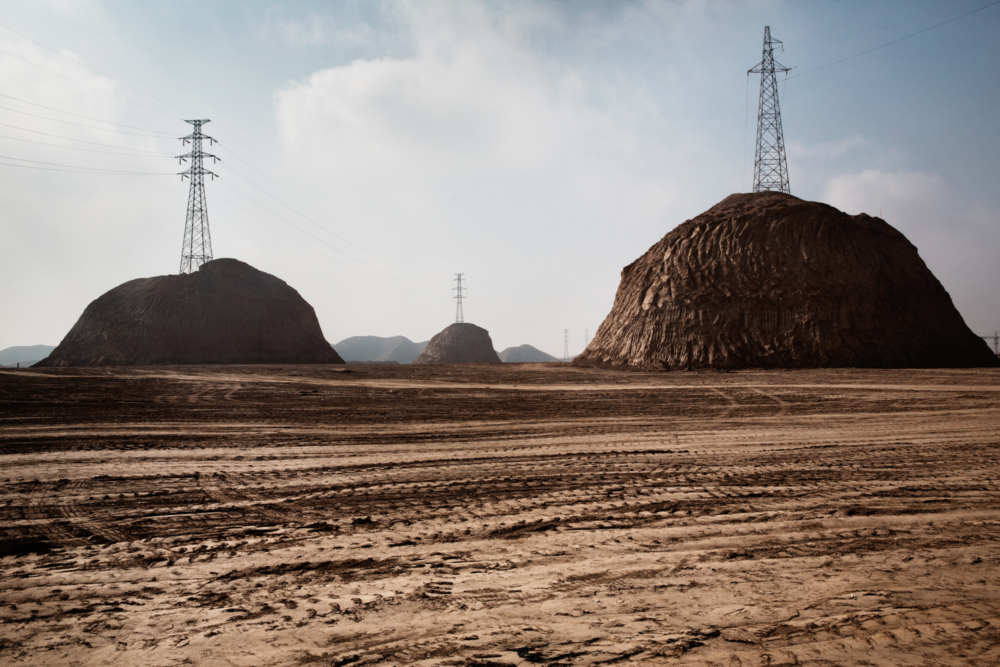I would conquer the Cedar Forest. I will set my hand to it and chop it down.
— Epic of Gilgamesh

In a barren desert, a huge lake has been carved out of the sandy ground like a mirage. It embodies the defining development in China today: rampant urbanisation. With unprecedented scale and speed, China’s government is transforming it from a rural country to an urban one, marking a tumultuous chapter of human history.
Rulers’ impulse to control nature and society has been found since the beginning of human civilization, but has usually been held in check by religious taboos or technological limitations. Over the past hundred years, the rise of science and the authoritarian state has obliterated those boundaries, and led to a complete reforming of our ecological, political, and social landscapes. As the anthropologist James C. Scott puts it, these projects to flatten and organize are designed to make society more “legible”–easier for governments to read and thus to control. In his book Seeing Like a State, Scott shows how in countries like China, the state knows no limits, leaving technocrats free to reimagine the country according to their vision.



I have been documenting this change for the past ten years while living in China. Its Leviathan-like hand has made urbanisation and high-modernist ideals of highways and tower blocks seem like the only way to a better life. That involves sculpting desert landscapes into new cities, rechanneling vast ancient rivers through concrete aquaducts, or wrecking disorderly but organic traditional forms of living to build sanitised skyscrapers over their demolished skeletons.
What becomes of the people? Many are bewildered in front of these new, ghostly reflections. Shoe-horned into housing silos at night, they spill out onto the streets, trying to recreate the communal village life of traditional China under tents–negotiating a vision of the future that they had no say in shaping.

China now counts more urban than rural residents. That has far-reaching effects on global consumption and depletion of resources. This zeal to take control over nature, space, and man is how the state, the world’s newest superpower sees and acts.

